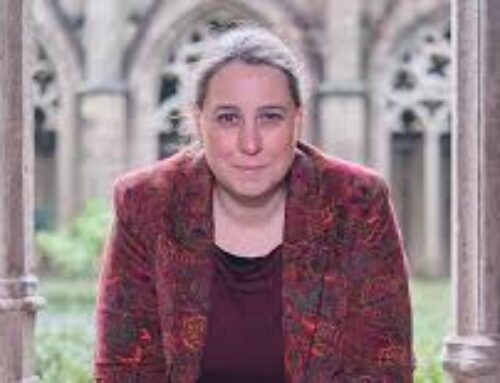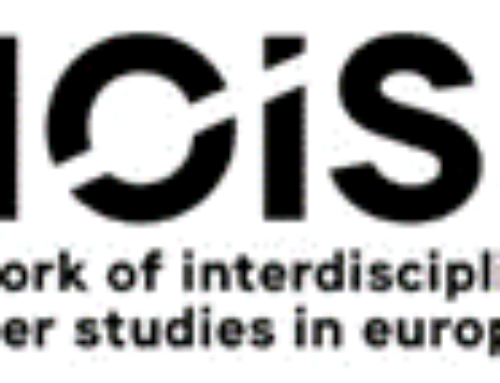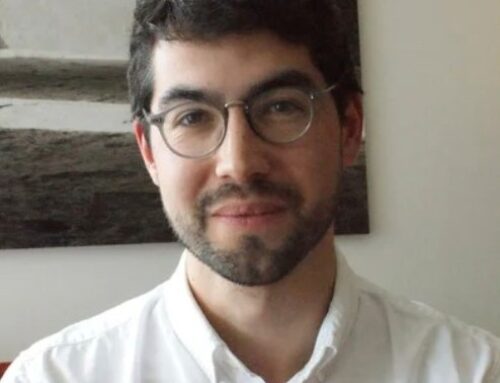 On Friday 6 December 2024, NOG member Biljana Volchevska-Verbrugge will defend her PhD project ‘The Symbolic Potential of the Past
On Friday 6 December 2024, NOG member Biljana Volchevska-Verbrugge will defend her PhD project ‘The Symbolic Potential of the Past
Political Crises, Memory Politics, and Europeanisation in Southeastern Europe – The Case of North Macedonia’.
In her dissertation, Biljana Volchevska explores the complex intersections between heritage production, memory narratives, and the socio-political dynamics of Southeast Europe, with a particular focus on North Macedonia. Against the backdrop of emerging hybrid authoritarian regimes in South-eastern Europe the study critically examines how memory and heritage are used as tools of power and identity formation.
The dissertation investigates how heritage and cultural memory narratives contribute to societal polarization and antagonism, as well as the emergence of social and civil movements in response to restrictive cultural politics. The study argues that heritage production, as a tool for identity formation, is inseparable from heritage destruction or enforcement. Volchevska asserts that contemporary political struggles in the Balkans can only be fully understood by incorporating both the socio-political realities and the politics of cultural inclusion and exclusion into the theoretical framework.
Through a critical engagement with state-controlled collective representations of the past, the dissertation views heritage as an industry comprising symbols, monuments, narratives, and commemorative practices. It highlights the rise of counter-memories and acts of de-monumentalization as forms of resistance to hegemonic cultural politics. Volchevska further examines the Europeanisation of the past in North Macedonia, focusing on the efforts to intervene in and revise national history and official memory narratives in the context of EU integration. In doing so, the study reveals the challenges and the cultural colonialism inherent in these Europeanization processes.
Central to the thesis is the understanding that heritage production cannot be separated from destruction or manipulation, particularly under authoritarian regimes. The research calls for a comprehensive theoretical framework that integrates socio-political realities with dynamics of cultural inclusion and exclusion.
The study is methodologically grounded in memory studies, conflict studies, gender studies, and social anthropology. and it investigates the role of material culture in shaping political contexts.
Details PhD Defense
Date: Friday, December 6, 2024
Time: 12:15-13:15h.
Location: Hybrid. Live: Senate Hall, Utrecht University Hall, or click here to attend online.
Title: The Symbolic Potential of the Past: Political Crises, Memory Politics, and Europeanisation in Southeastern Europe – The Case of North Macedonia
Supervisors: Prof. Dr. Rosemarie Buikema
Co-supervisors: Dr. Domitilla Olivieri






